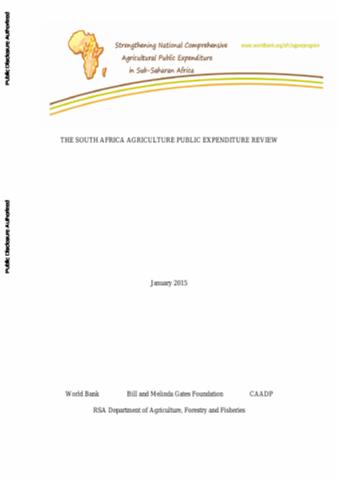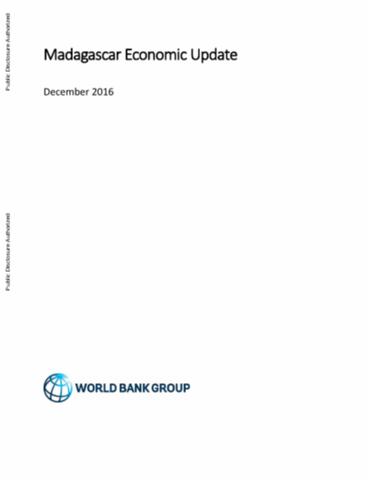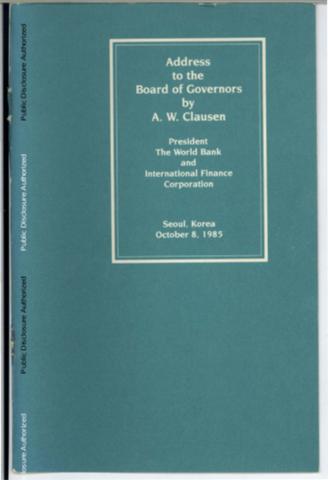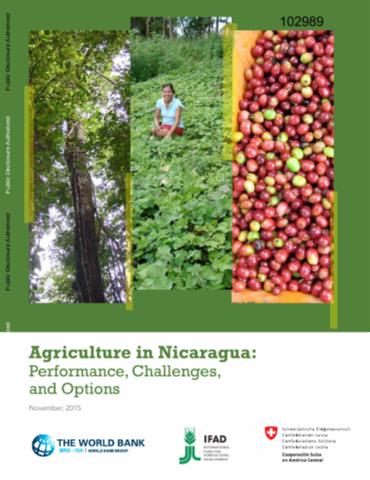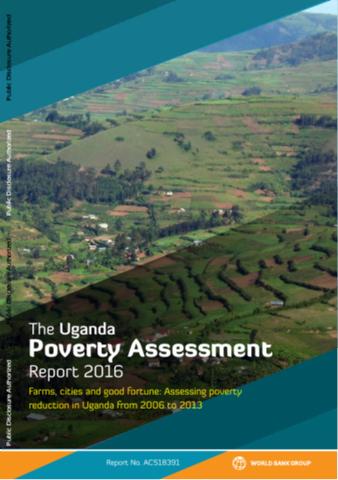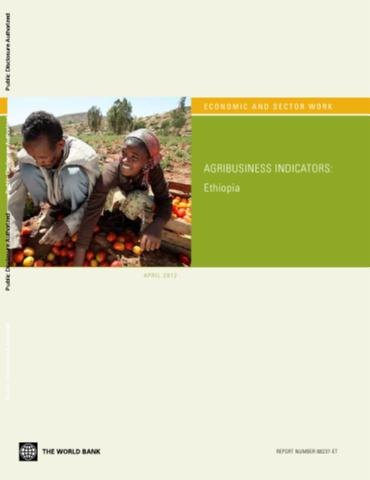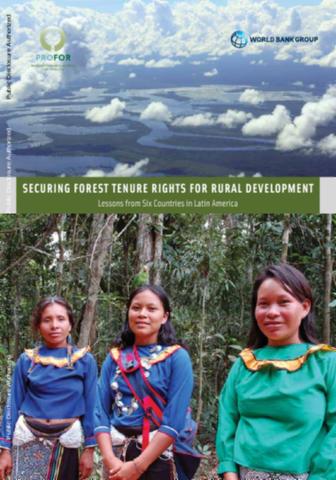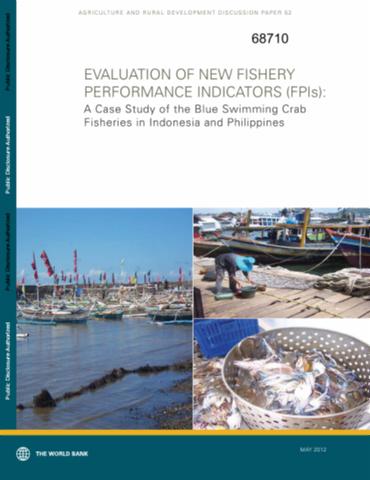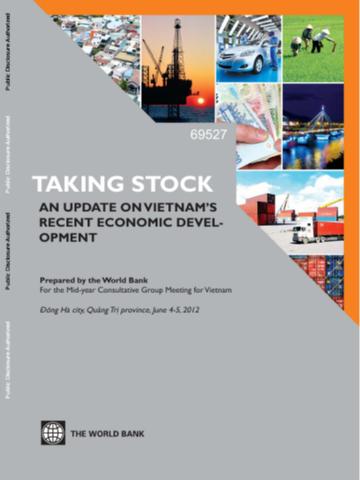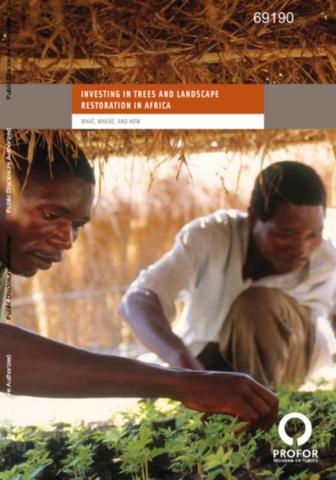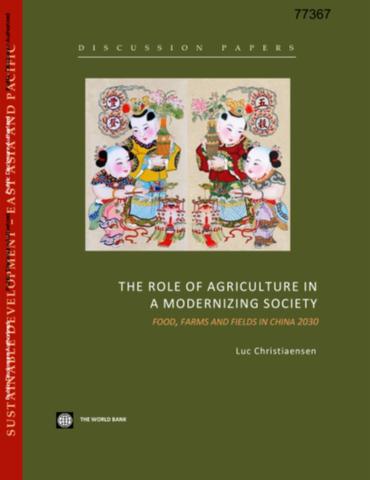The South Africa Agriculture Public Expenditure Review
This South African Agricultural Public Expenditure Review (AgPer) is one of a series of similar studies undertaken in several countries in Sub-Saharan Africa under the Comprehensive Africa Agriculture Development Program (CAADP) of the African Union’s (AU) New Partnership for Africa’s Development (NEPAD) which encourages governments and development partners (DPs) to target public expenditure on the agriculture sector as the most effective way of stimulating growth.

